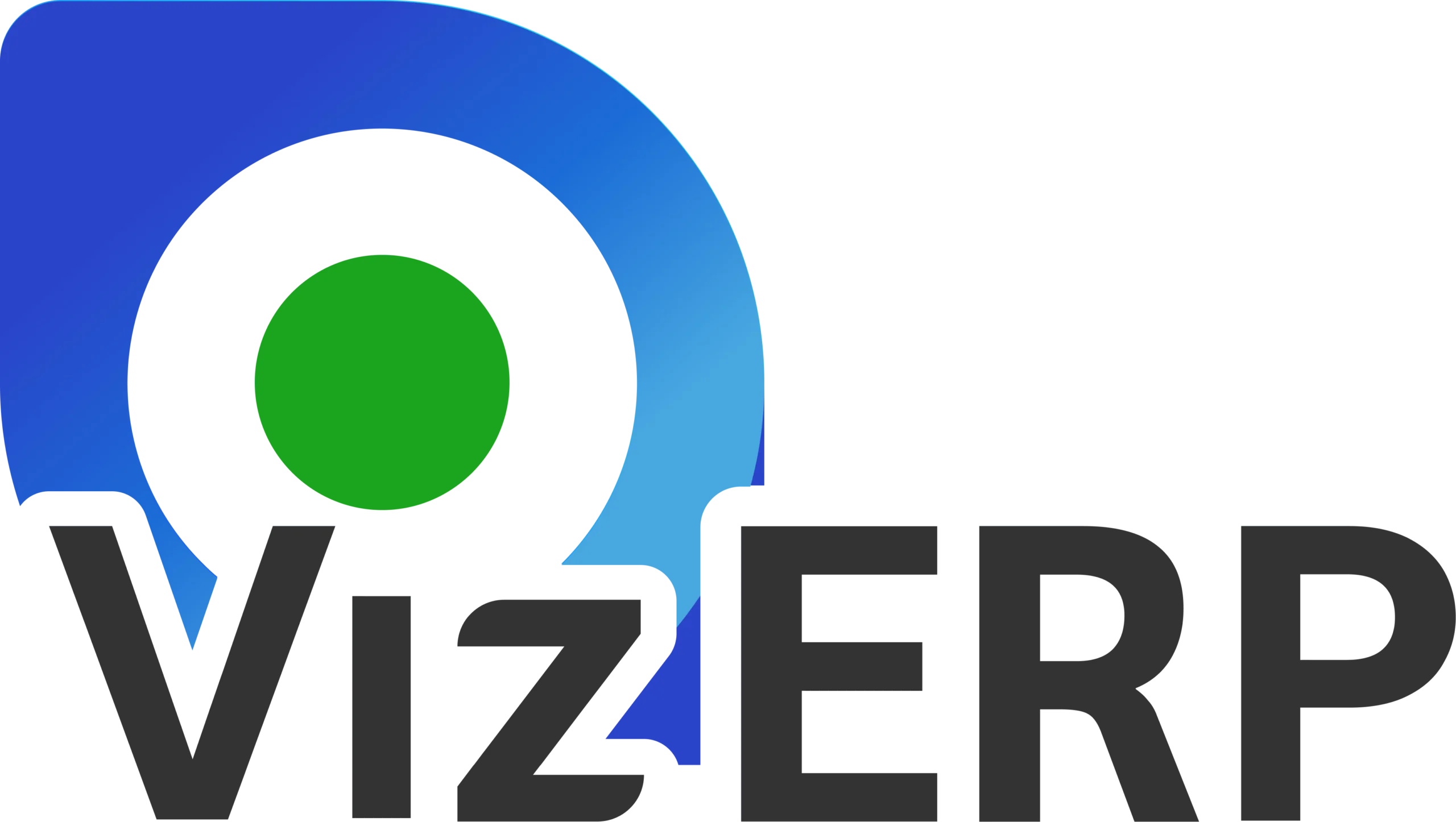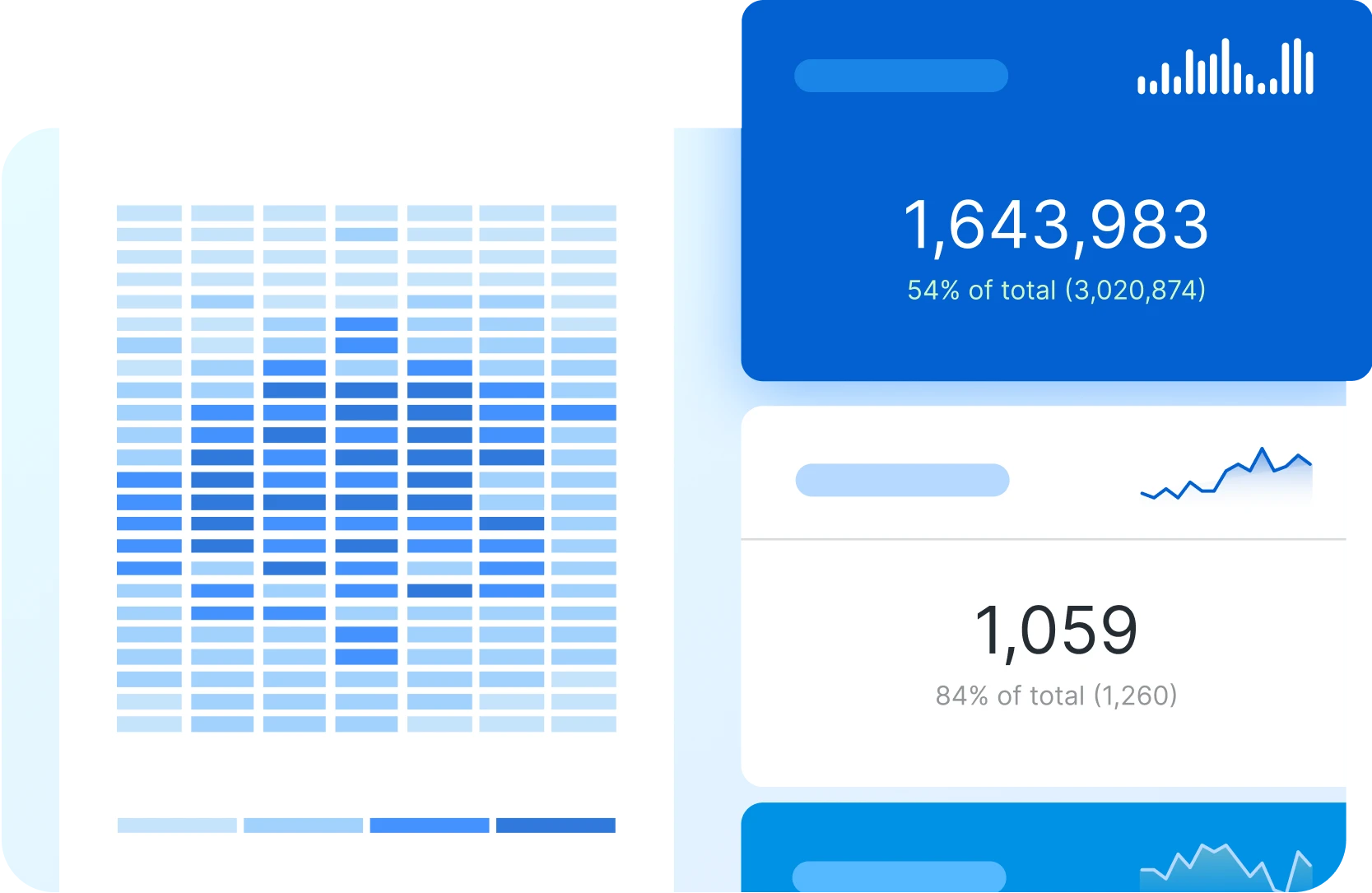In an increasingly complex and fast-paced healthcare environment, providers face challenges that require innovative solutions. Enterprise Resource Planning (ERP) systems have become essential tools in this sector, enabling organizations to streamline operations, enhance patient care, and ensure compliance with industry regulations. Here are ten compelling reasons why healthcare providers should invest in ERP solutions in 2024.
1. Improved Patient Care
- How ERP Helps: ERP systems integrate patient information across various departments, ensuring that healthcare providers have access to accurate and up-to-date data. This holistic view of patient history and treatments allows for more personalized care, quicker diagnoses, and better outcomes.
- Why It Matters: In a field where timely and informed decisions can save lives, having a unified system is crucial.
2. Enhanced Compliance with Regulations
- How ERP Helps: The healthcare industry is heavily regulated, and staying compliant with laws like HIPAA and GDPR is non-negotiable. ERP systems ensure that all processes, from patient data management to billing, adhere to the latest regulations.
- Why It Matters: Non-compliance can result in hefty fines and damage to a provider’s reputation. ERP solutions help mitigate these risks by automating compliance-related tasks.
3. Streamlined Financial Management
- How ERP Helps: Managing finances in healthcare can be complex, involving various billing codes, insurance claims, and payment methods. ERP systems simplify these processes by integrating financial management into one platform, reducing errors and improving efficiency.
- Why It Matters: Efficient financial management leads to better resource allocation, cost control, and ultimately, a healthier bottom line.
4. Optimized Supply Chain Management
- How ERP Helps: Healthcare providers rely on a vast network of suppliers for medical equipment, pharmaceuticals, and other essential items. ERP systems ensure that inventory levels are optimized, reducing waste and preventing stockouts of critical supplies.
- Why It Matters: Effective supply chain management is vital to ensuring that patients receive the care they need without delays.
5. Increased Operational Efficiency
- How ERP Helps: By integrating various functions like HR, finance, and procurement, ERP systems eliminate redundant processes and reduce manual work. This automation leads to faster decision-making and more efficient operations.
- Why It Matters: In a healthcare setting, where every second counts, operational efficiency can significantly impact patient care and satisfaction.
6. Data-Driven Decision Making
- How ERP Helps: ERP systems provide healthcare providers with real-time data and analytics, enabling them to make informed decisions quickly. Whether it’s identifying trends in patient care or optimizing resource use, data-driven insights are invaluable.
- Why It Matters: The ability to analyze data and respond proactively to emerging trends can improve patient outcomes and operational performance.
7. Better Resource Management
- How ERP Helps: Healthcare providers often struggle with resource allocation, whether it’s staff, equipment, or facilities. ERP systems offer visibility into resource usage, helping organizations allocate their resources more effectively.
- Why It Matters: Proper resource management ensures that healthcare providers can meet patient needs without overextending their staff or depleting supplies.
8. Enhanced Collaboration Across Departments
- How ERP Helps: In healthcare, collaboration between departments is essential for delivering comprehensive patient care. ERP systems facilitate seamless communication and collaboration by providing a unified platform for sharing information.
- Why It Matters: When departments work together efficiently, it leads to better-coordinated care and improved patient outcomes.
9. Scalability to Meet Growing Demands
- How ERP Helps: As healthcare providers grow, their needs evolve. ERP systems are scalable, meaning they can adapt to increased patient volumes, new services, and expanded operations without the need for a complete overhaul.
- Why It Matters: Scalability ensures that the ERP system can grow with the organization, providing long-term value and reducing the need for costly upgrades.
10. Cost Management and Reduction
- How ERP Helps: ERP systems help healthcare providers identify areas where costs can be reduced, such as by optimizing staffing levels, reducing waste, and improving billing accuracy. By automating many administrative tasks, ERP also cuts down on labor costs.
- Why It Matters: In an industry where margins can be thin, effective cost management is essential for maintaining financial health while continuing to provide high-quality care.
Conclusion
In 2024, healthcare providers face unprecedented challenges and opportunities. Implementing an ERP solution is no longer just an option; it’s a strategic necessity. By improving patient care, ensuring compliance, and optimizing operations, ERP systems like VizERP empower healthcare organizations to meet the demands of the modern healthcare landscape while positioning themselves for future growth.





